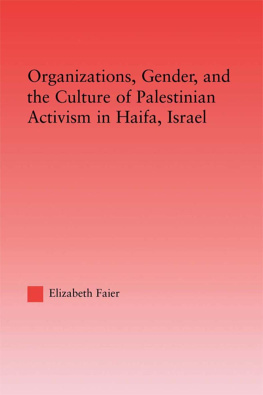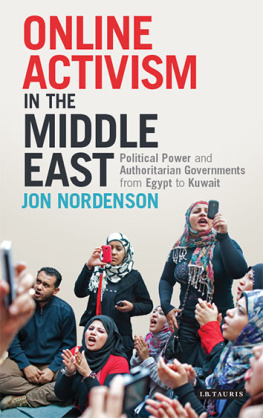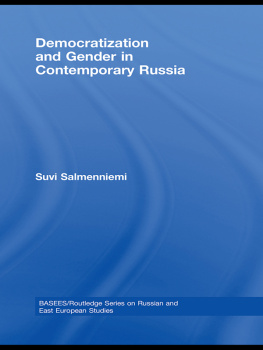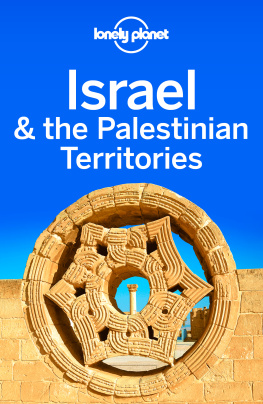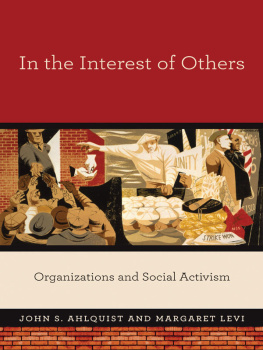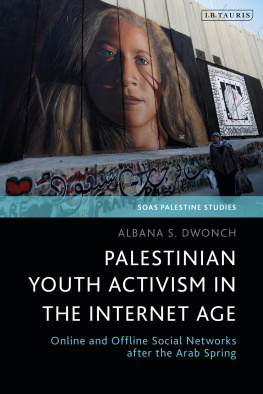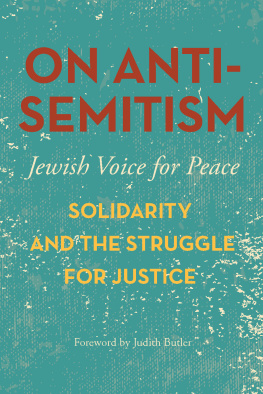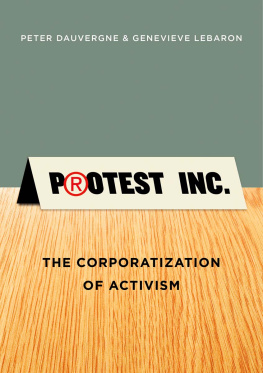MIDDLE EAST STUDIES
HISTORY, POLITICS, AND LAW
Edited by
Shahrough Akhavi
University of South Carolina
A ROUTLEDGE SERIES
MIDDLE EAST STUDIES: HISTORY, POLITICS, AND LAW
SHAHROUGH AKHAVI, General Editor
NEW PYTHIAN VOICES
Women Building Political Capital in
NGOs in the Middle East
Cathryn S. Magno
TURKEY IN GERMANY
The Transnational Sphere of
Deutschkei
Betigl Ercan Argun
ISLAMIC LAW, EPISTEMOLOGY
AND MODERNITY
Legal Philosophy in Contemporary Iran
Ashk P. Dahln
GENDER, LITERACY, AND EMPOWERMENT
IN MOROCCO
Fatima Agnaou
TRAPPED BETWEEN THE MAP
AND REALITY
Geography and Perceptions
of Kurdistan
Maria T. O'Shea
KURDISH NNATIONALISM AND POLITICAL
ISLAM IN TURKEY
Kemalist Identity in Transition
Omer Taspinar
Published in 2005 by
Routledge
270 Madison Avenue
New York, NY 10016
Published in Great Britain by
Routledge
2 Park Square
Milton Park, Abingdon
Oxon OX14 4RN
Copyright 2005 by Taylor &Francis Group, a Division of T&F Informa. Routledge is an imprint of the Taylor & Francis Group.
All rights reserved. No part of this book may be printed or utilized in any form or by any electronic, mechanical or other means, now know or hereafter invented, including photocopying and recording, or any other information storage or retrieval system, without permission in writing from the publishers.
10 9 8 7 6 5 4 3 2 1
Library of Congress Cataloging-in-Publication Data
Faier, Elizabeth, 1965
Organizations, gender, and the culture of Palestinian activism in
Haifa, Israel / by Elizabeth Faier.
p. cm.(Middle East studies)
Includes bibliographical references and index.
ISBN 0-415-94951-3 (hardback : alk. paper)
1. Political anthropologyIsraelHaifa. 2. Political activistsIsraelHaifa.
3. Palestinian Arabs IsraelHaifaPolitics and government. 4. Palestinian Arabs IsraelHaifaSocial conditions. 5. Women, Palestinian ArabIsraelHaifaSocial conditions. 6. Non-governmental organizationsIsraelHaifa. 7. Haifa (Israel) Social conditions. 8. Haifa (Israel)Politics and government. I. Title. II. Middle East studies (Routledge (Firm))
GN635.I78F35 2004
306.20956946--dc22
2004012981
The ideas in this book emerged from different conversations held over the years in different cities and countries, and with different individuals. I want to extend my deepest thanks to those in Israel who shared with me on intimate and professional levels. By entrusting me with their opinions, critiques, and stories, they not only provided information for this project, but also welcomed me into their homes, organizations, and lives.
Activists at the Committee for Education Guidance for Arab Students (CEGAS) helped me in all aspects of research and daily life, literally opening all their doors, files, computers, and meetings to me. Several individuals from CEGAS deserve special thanks. Abeer, Habib, Hanan, Haneen, Reem, Sulafa, and Samer welcomed me into their villages and homes, thereby helping me understand the true meaning of hospitality. Amal, Ismahan, Nabila, and Sabbah were great company with whom to spend lazy hours eating, shopping, and talking, teaching me much through our friendship. Thufar and Fathi brought new perspectives to my research, inviting me to their homes and sharing with me their deepest joys and concerns. In more recent years, I was fortunate to know Suha and share intimate conversations, coffee, cigarettes, and dreams. Meeting Suha only after the bulk of data for this book was collected reminds me not only of the development and endurance of Haifa's activist community, but also the ways in which my intellectual and emotional growth makes its ways back to the offices of CEGAS. Finally, I would like to thank especially Suhad and Jafar, two wonderful and dear friends who wereand still areready to listen, share, and converse on any topic. I have many fond memories of our time together; without their help, none of this would have been possible. I fear that in the field, I did not thank them enough for their support, guidance, and friendship; I hope these words adequately express my gratitude and thanks.
Other individuals contributed to this work in different capacities. Rula L. and Shaheira gave me friendship at all times, never doubting my intentions or words. Although I met Farah far into my research, his companionship and friendship remain some of my most valued gifts from Haifa. I thank Farah for being a friend in every way; he greatly enriched my days and thoughts. I owe everyone in the Qusseini family a heartfelt thank you for letting me know that I had family and home in Haifa. Helemi, Reem, and Hlal offered me love and friendship, making room for me in their schedules and including me in intimate family life. My recent visits to Haifa were greatly enhanced by my friendship with Falestin, Adam, Rawia, and Hanna. I cannot thank them enough on these pages. Their help with gathering data, meeting people, refining ideas, and feeling home can never be repaid with an acknowledgement.
Throughout all my time in Israel, the friendship of Amalia Sa'ar and Ruti Shapiro sustained and furthered my ability to conduct research in what were sometimes difficult times. They let me stay at their homes, helped me find apartments, meet people, and learn Haifa. Shoshana Cohen and Madeline Adelman were sources of intellectual conversation, great entertainment, and moral support. Their friendship and good humor helped me settle into Israel, and two years later, into the United States.
I owe much gratitude to my friends and colleagues at Indiana University, where I attended graduate school. My dissertation committee, Carol Greenhouse, Rick Wilk, Phil Parnell, and Bob Orsi, helped me find my voice as an anthropologist through guidance and support. Both Carol and Rick showed me things I could not have seen otherwise, helping me develop a critical approach to anthropology. I thank Phil for his careful and engaging reading of my work. David Abramson, Anne Beal, Lisa Cliggett, Farha Ghannam, Sharon Nagy, and Cynthia Werner continue to provide community, share ideas and remind me of the exciting possibilities of anthropology. In Sweden, Jonathan Friedman, Orvar Lfgren, and Anne-Marie Palm provided encouragement, ideas, and feedback.
I thank my students and colleagues, present and past, at the Jepson School for Leadership Studies and the University of Richmond for challenging me to think about the processes of leadership in new ways. I greatly appreciate Cassie King's dedication to the editing of this text. Other colleagues at the University of Richmond, Sydney Watts and Dorothy Holland, provided invaluable feedback in the preparation of this manuscript. This book would also not be possible with the help of Leslie Keiler who sat with me through final stages of the manuscript, helping me with edits, working through ideas, and providing camaraderie.

